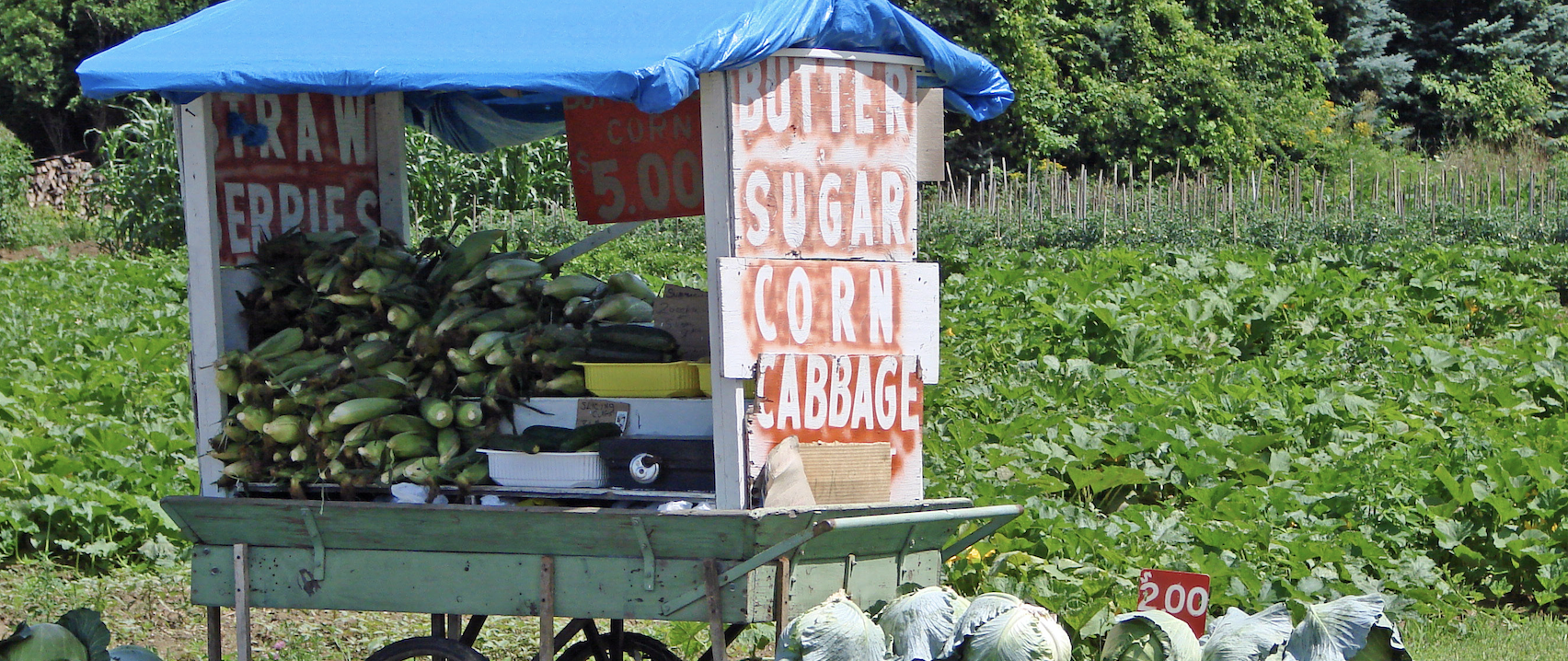Our goal is to lead this emerging area of Sustainable Food Systems Science through a longitudinal, analytical integration of research to identify the leverage points for building more resilient and sustainable food systems, understand how those leverage points vary across food systems, and contribute to regenerative food system development.
Research Aim 1: Production/Supply (PS)
Research Aim 1 will uncover the key drivers, barriers, and opportunities for transitioning to more environmentally sustainable, socially just, and resilient systems of food production. Specific research questions include:
PS1: What factors impact diversification of an area's agricultural base to increase food production for local and regional distribution?
PS2: How do farmers decide what crops to grow, what shapes their decision-making, and how can these decisions be influenced to promote greater sustainability, health, and local economic growth
PS3: What social, cultural, and justice concerns arise from various types of food production systems?
Research Aim 2: Aggregation/Distribution (AD)
Research Aim 2 will focus on factors that facilitate the development of new and alternative models of food aggregation and distribution to support more sustainable, socially just, and resilient food systems. Specific research questions include:
AD1: How do individuals and communities self-organize to develop aggregation and distribution points for regional and local food systems?
AD2: What kinds of governance systems support and protect both farmers and consumers, within the context of the market place and regulatory policy (local-state-federal)?
AD3: What are the roles of institutions in helping develop aggregation points and distribution systems?
Research Aim 3: Access and Consumption (AC)
Research Aim 3 will center on studying and developing emergent strategies to support and increase household-level consumers' demand for food that is produced and distributed in sustainable, socially just, and resilient ways. Specific research questions include:
AC1: What endogenous and exogenous variables affect people's food decision-making, including engagement in alternative food systems?
AC2: How do decisions by companies and food industries impact choices by individuals and smaller groups, and vice versa?
AC3: What innovations ensure that marginalized populations are included in the decision-making processes and benefits of food system development?
Research Aim 4: Integrated Leverage Points (ILP)
Research Aim 4 will integrate across production, aggregation, and consumption to explicate the ways that community capital, governance, and institutions shape opportunities for food system development and the types of innovations that evolve. Specific research questions will include:
ILP1: How can regional and local food system development act as an economic driver for increasing farm income, supporting small business development, and increasing community capacity to enhance quality of life?
ILP2: How do food systems interact with escalating cultural, economic, and environmental change?
ILP3: How are food justice and food sovereignty defined, negotiated, and operationalized (accounting for social, cultural, economic, and governance factors)?


